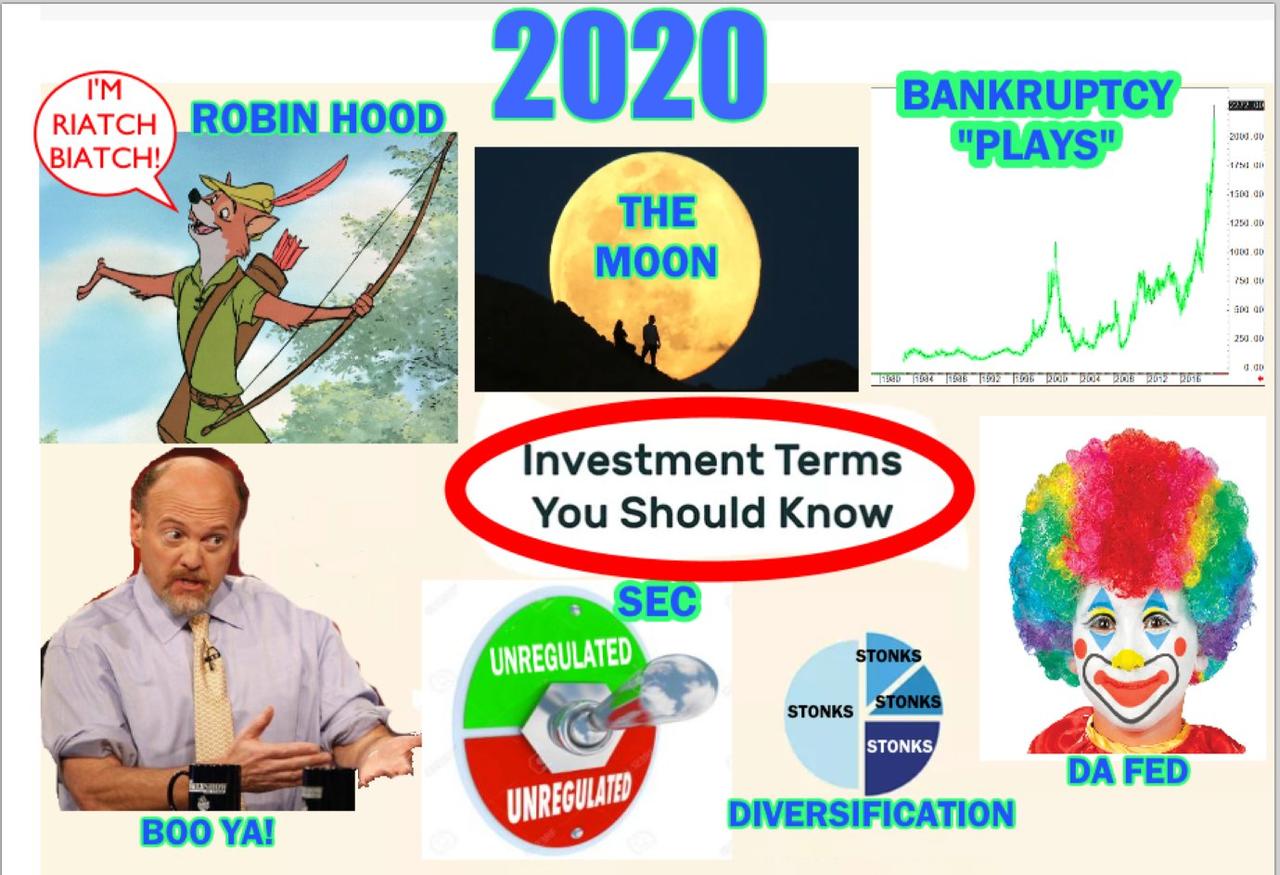It’s Millennials Vs Boomers: A Look At The Retail Investors Shaping The Market
Tyler Durden
Tue, 06/09/2020 – 17:25
Over the past few months, a lot of attention has fallen on retail investors who at times appear to have taken over the market, as institutional investors have been slow in jumping in on the “hated” rebound from the March 23 lows, with many commentators lumping all retail investors in the same bucket.
However, as Goldman’s Tony Pasquariello points out, within the retail cohort there is a clear demographic divide: “the Boomers are selling equity mutual funds and ETFs every single week … that totals $73bn of YTD outflows. In stark contrast, the younger investor base is very active in single stocks … in many regards, retail traders today are as active as they’ve been at any point since ‘99/’00.”
Why the variation? A somewhat amusing summary of investment “fundamentals” was provided by @Keubiko today who summarized the key investment terms of the 1950-2019 period vs 2020 as follows:
1950-2019:
2020:
Joking (maybe) aside, DataTrek’s Jessica Rabe shares a somewhat more more take in answering the question whether millennials will fundamentally alter US societal capital allocation in favor of their personal values rather than simply maximizing returns, with the COVID-19 Crisis providing a useful case study into how this cohort invested as markets swooned.
Here is what Rabe found:
We use data from Robintrack, which tallies the number of accounts that hold specific stocks at no-fee trading app Robinhood, well known for its predominantly millennial user base. The app, already popular with this group, saw a flood of investor interest during the recent volatility and added +3 million funded accounts this year as of early May, half of which the company reported were first-time investors.
While the common narrative suggests millennials will invest differently than their baby boomer parents, here’s what the data actually shows:
#1: If most millennials invested based on their environmental beliefs, Ford would not be the top position among Robinhood users as it is today. In fact, 3.5x more accounts hold F – which makes its profits by selling polluting pickup trucks – as they do clean-energy electric car-maker Tesla. Yes, we understand Ford is trying to move to an eco-friendly future but it certainly is not there yet. Not even close…
Moreover, the top 20 most-held names at Robinhood include major airlines, such as American Airlines (#3), Delta (#4) and United Airlines (#12). Jet engine manufacturer GE is the second most held stock, and airplane manufacturer Boeing comes in 13th. As with Ford, an odd choice for a demographic cohort keenly aware of the environmental damage caused by high-altitude carbon emissions.
Our take: the lack of environmental, social and governance (ESG) friendly names at the top of the Robinhood leaderboard contrasts with the notion that millennials will only back companies that align with those characteristics. For example, the number of accounts that invested in Ford has doubled since mid-March, while those for AAL, DAL and UAL grew by 8.7x, 9.7x and 14.2x respectively.
“Big Tech” companies are also among the top held positions despite having well-known social (i.e. diversity, political issues, etc.) and governance (i.e. monopolistic) problems: Microsoft (#9), Apple (#10), Uber (#24), Twitter (#26), Facebook (#30), and Amazon (#31). In fact, the largest ESG ETF (iShares ESG MSCI USA ETF or ESGU) is currently ranked 4,147th on the Robinhood leaderboard, despite receiving significant inflows overall this year. Just 300 accounts hold ESGU on the online broker versus +890k for Ford.
#2: Millennials followed the age-old maxim to “buy low, sell high” by purchasing beaten down stocks over the last few months. Ford is a good example because its chart closely mirrors the rest of the 20 top held names on Robinhood. As Ford’s price started to crater heading into and during the pandemic, the number of users holding F jumped when shutdowns began in mid-March. They were up +44% from March 15th through March 31st (the low in its stock price was on March 23rd), and have consistently grown from there (doubled since March 15th to +890k accounts). The stock price is also up almost double (+88%) since the low in March.
Other 20 top held names that took a big hit from the virus include cruise line stocks: Carnival Corp (now #6 on the Robinhood leaderboard), Norwegian Cruise Line (#11) and Royal Caribbean (#20).
Our take: millennials showed strong conviction in names with uncertain outlooks even as older institutional investors sounded the alarm.
#3: Millennials tend to invest in companies they believe in or feel they understand. This includes:
- Brand names: Ford and GE (#1 & #2 on the list), Disney (#5), Bank of America (#15)
- Tech: GoPro (#7), Microsoft (#9), Apple (#10), Fitbit (#14), Snap (#17)
- Public marijuana stocks: Aurora Cannabis (#8) and Canopy Growth (#19)
Our take: millennials bought what they know, not dissimilar to baby boomer retail investors in the 1980s and 1990s (think Peter Lynch). Millennials grew up using technology (i.e. MSFT programs, AAPL products, social media platforms like Snapchat) and with the brand names listed (i.e. Ford cars, trips to Disney or the bank). They’re also the cohort most in-favor of legalizing recreational marijuana.
In sum, the portion of millennials that took control of their finances when stocks were falling apart did not invest more “ESG” minded than their parents. No doubt millennials care about the environment and other social issues, but they still invest just like prior generations.
* * *
We leave the last word to Bleakley Financial Group’s Peter Boockvar: “It’s great that Vegas is open again, but who needs it when you have the stock market instead. After an incredible run since March, we now have clear froth in parts of the market. We know this level of speculation has coincided with a sharp increase in the activity of retail investors.”
via ZeroHedge News https://ift.tt/3f9d018 Tyler Durden


